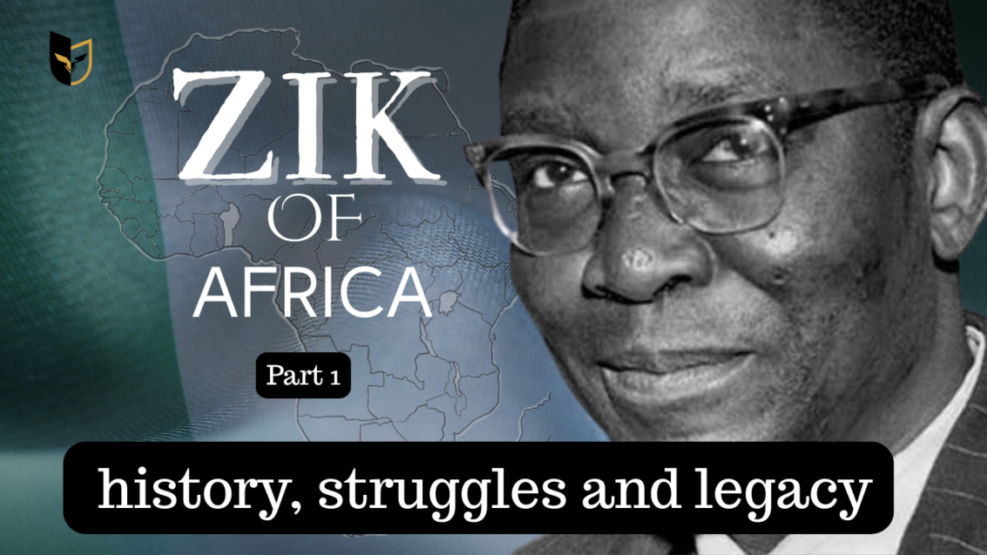No products in the cart.


The struggle for media freedom has been on for centuries. The desire to gag and control the press has been sought for by the rulers of nations. In 1643, an order was given by the Parliament of England that required government approval and licensing and censorship of books before their publication. In protest, John Milton wrote his 1644 famous pamphlet titled Areopagitica – the name of the site from which the high court of Athens administered its jurisdiction and imposed a general censorship. Milton presented his pamphlet as a speech to the Parliament of England during the reign of Charles I. His argument was thus remarked as, “a landmark argument against censorship” by S. B. Dobransky.
“Should ye suppress all this flowery crop of knowledge and new light sprung up and yet springing daily in this city?…Ye cannot make us now less capable, less knowing, less eagerly pursuing of the truth…give me the liberty to know, to utter, and to argue freely according to conscience, above all liberties,” Milton argued.
In 1695, laws on censorship and control of printing were relaxed, which allowed for a thriving of newspapers and books publications.
Media or press freedom is one of the crucial freedoms in society. It gives the right to the media to publish information that is not constitutionally forbidden. It entrusts on the practitioners the responsibility of presenting analysis and information; good or bad to the society. Without the media, society could be considered blind.
Over the years and indeed, centuries, media freedom and freedom of speech had been in contention between media practitioners and the government. It is important to have transparency in society.
The media functions as the ‘marketplace of ideas’ but due to censorship, political interests, Nigerian media have lacked full freedom. The media have been repressed by means of the legislative act or by extra-judicial means. These repressive acts are meant to reduce the powers of the media in educating the people. Their use of extra-judicial means of censorship, harassment, economic and political pressures are to scare and intimidate the press.
The fight to liberate the media from the legislative act or by extra-judicial repressive tactics in Nigeria is a long-drawn battle.
Nigeria’s repressive media laws could be said to have taken root from the Newspaper Ordinance Law introduced by Britain in 1903. From there, many other laws and decrees were enacted.
During his first administration as a military head of state, President Buhari, through Decree 4, sought to silence the media. The Decree issued on April 17, 1984, “granted the military Government the power to close down newspapers and radio and television stations that are deemed to be acting in a manner detrimental to the interest of the Government. It also assumed the power to imprison journalists for inaccurate reporting or for writing articles that bring Government officials into ridicule or disrepute.”
As Amnesty International documented in 2019, “since 2015, attacks on journalists and media activists have continued unabated. Between January and September 2019, at least 19 journalists and media practitioners have suffered attacks.” In addition to that, many media houses have suffered stringent regulatory fines from the Nigerian Broadcasting Corporation.
Reporters Without Borders, an organisation that conducts advocacy for freedom of information and press freedom, in its 2021 World Press Freedom Index, ranks Nigeria 120 out of 180 countries.
Since 2015, Nigerian Senate has considered several bills that have sought to control, regulate or repress media freedom. There has been a Hate Speech Bill, Social Media Bill and NBC/NPC Act Amendment Bill that has recently been suspended for further consultations.
In the suspended bill, it sought to put all board memberships and operational control mechanisms at the NPC under the control of the executive branch through the Minister of Information. Give the Council the power to license and revoke licenses for media practice in Nigeria with the approval of the Minister of Information. Increase penalties (fines, suspensions and jail terms) due to ‘offenders’ among others.
While President Goodluck Jonathan signed the Freedom of Information Bill into law, President Buhari and the Senate are aiming at gagging the media.
With about two years left, the Buhari Administration as well as the Ninth Senate will not likely rest. They will find another way to bring back their anti-media bill and the fight for media freedom and freedom of speech will continue.
Harry S. Truman said, “We need not fear the expression of ideas-we do need to fear their suppression.”
It’s only fair to share!… Subscribe also on Telegram
gate io says:
I may need your help. I’ve been doing research on gate io recently, and I’ve tried a lot of different things. Later, I read your article, and I think your way of writing has given me some innovative ideas, thank you very much.